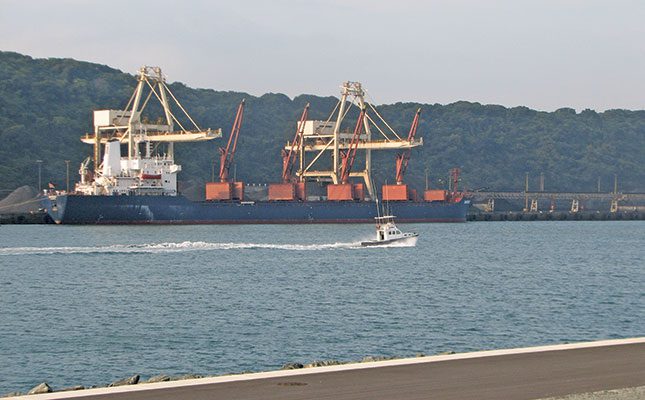
While the impact of the COVID-19 pandemic has dissipated, Absa AgriTrends identified various other global and local megatrends that now threaten international trade.
The first of these is a slowdown in globalisation, called slobalisation.
READ The importance of global trade
Slobalisation started after the financial crisis of 2008 and has intensified since then because of the pandemic, trade wars and rising concerns about over-reliance on trade with single partners.
As such, it is resulting in increased protectionism and geopolitical groupings weighing on the volume and value of global trade.
Protectionism directly affected South Africa when the EU introduced additional phytosanitary measures on citrus in 2022, which cost the industry around R200 million to execute.
But trade wars between other countries are also affecting South Africa. Absa AgriTrends noted that the trade tariffs instituted by Donald Trump during his first presidential term, as part of his America First campaign, sparked a retaliation from Canada, Mexico, the EU, Turkey, India and China, who imposed import tariffs on products from the US.
China specifically instituted tariffs of between 5% and 50% on goods from the US.
The US’s protectionist strategies also affected South Africa by increasing indirect costs, causing supply chain disruptions and inflationary pressure, and affecting purchasing power and market access, according to Absa AgriTrends.
The report also highlighted the importance of South Africa’s inclusion in the Africa Growth and Opportunity Act (AGOA) of the US.
Exclusion would result in South Africa facing higher rates, which in 2023 were set at 0,12% on table grapes; 0,28% on nuts; 0,76% on raisins; 1,79% on citrus; 3,43% on wine; and 14,28% on fruit juice.
Absa AgriTrends identified logistical disruptions as another major threat.
Over the past year, transits almost halved in two major international shipping routes, due to the drought-induced low level of the Panama Canal and terrorist attacks in the Red Sea.
Ships in effect had to take alternative routes between the EU and the Far and Middle East, which drove up cost, increased voyage times and inflationary risks and led to container imbalances.
READ SA’s export fruit industry: Why market relationships are key to future success
Absa AgriTrends noted that the global average of shipping costs had come down by 35% since 2022, whereas it only decreased by 15% to 20% in South Africa partially because of local port inefficiencies.
The renewed disruptions in shipping routes could, however, reverse this trend. Shipping disruptions, nevertheless, affected regions differently and even presented opportunities for others.
South African avocado producers, for instance, stand to benefit from the impact of shipping disruptions and the low yields caused by the El Niño event in Peru on the European market, while the citrus outlook is also favourable thanks to short supply caused by dryness in Spain and Marocco and disruptions to trade affecting supplies out of Israel and Egypt.
The table grape industry, however, could not fully capitalise on opportunities of an early empty market and supply disruptions because of problems at the Cape Town Port, which forced producers to make use of alternative routes, such as through Kouga and Durban.
This added another R10 of cost per box in an industry that is already struggling with high input costs.
Marlene Louw, senior agricultural economist at the Absa Group, told Farmer’s Weekly that farmers should navigate these risks firstly by supplying the markets with the best possible quality products, as good quality produce is generally less affected by protectionism and local-buying trends than substandard products.
Secondly, she said farmers and export companies should foster business relationships with other stakeholders in the supply chain, from input suppliers to importing companies and retailers.











